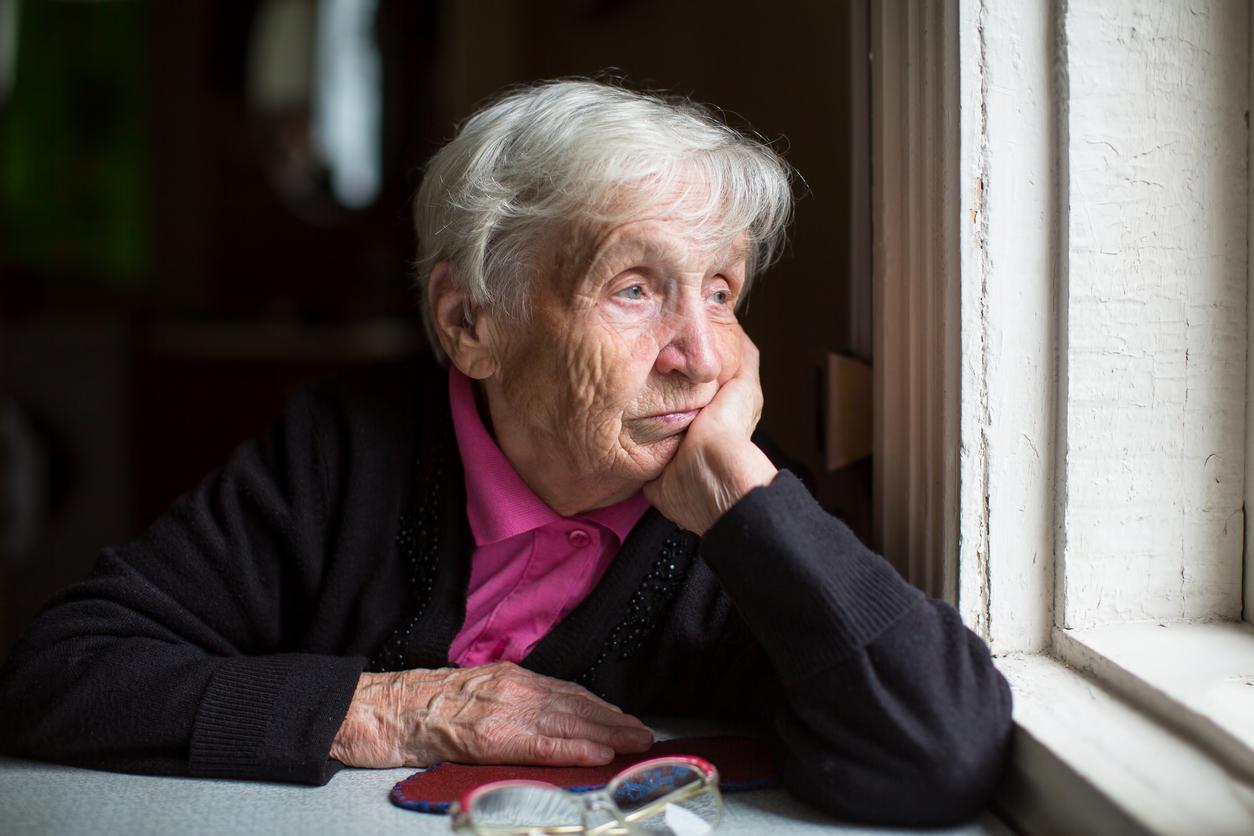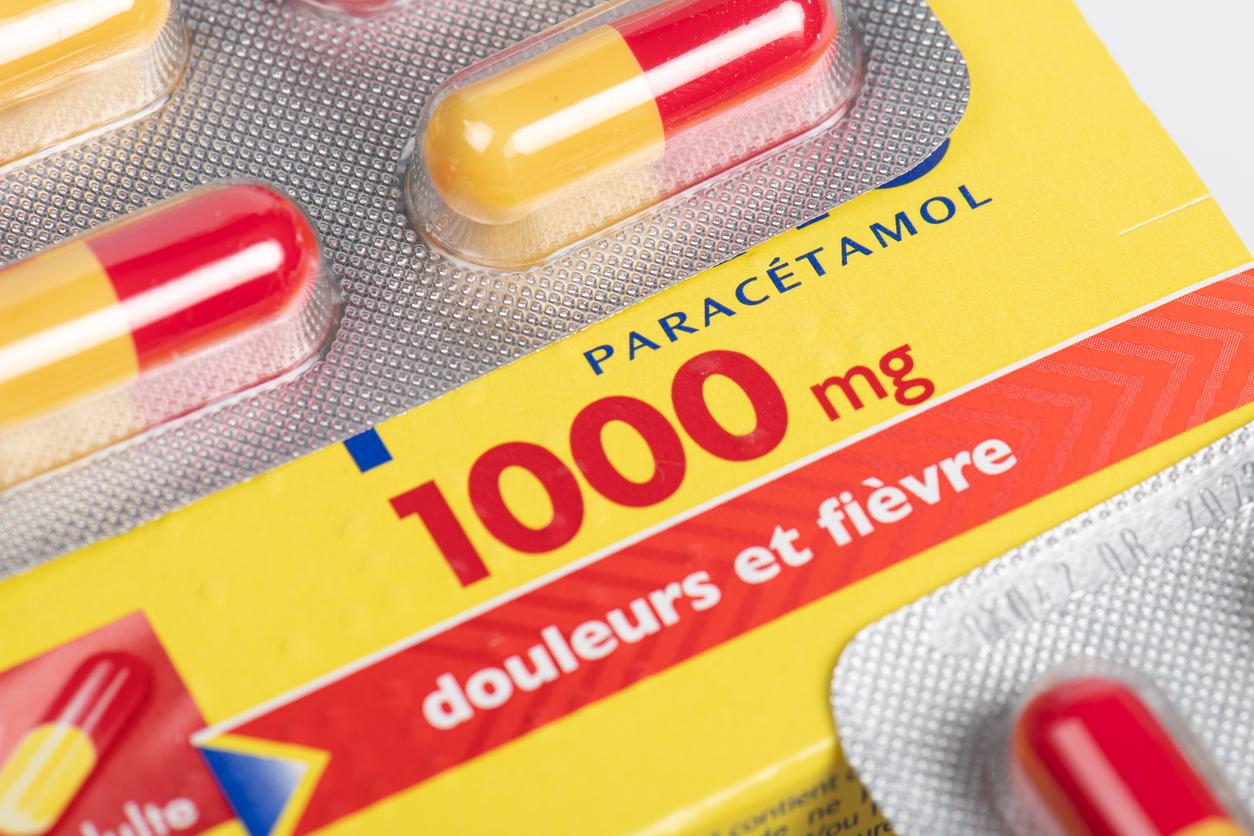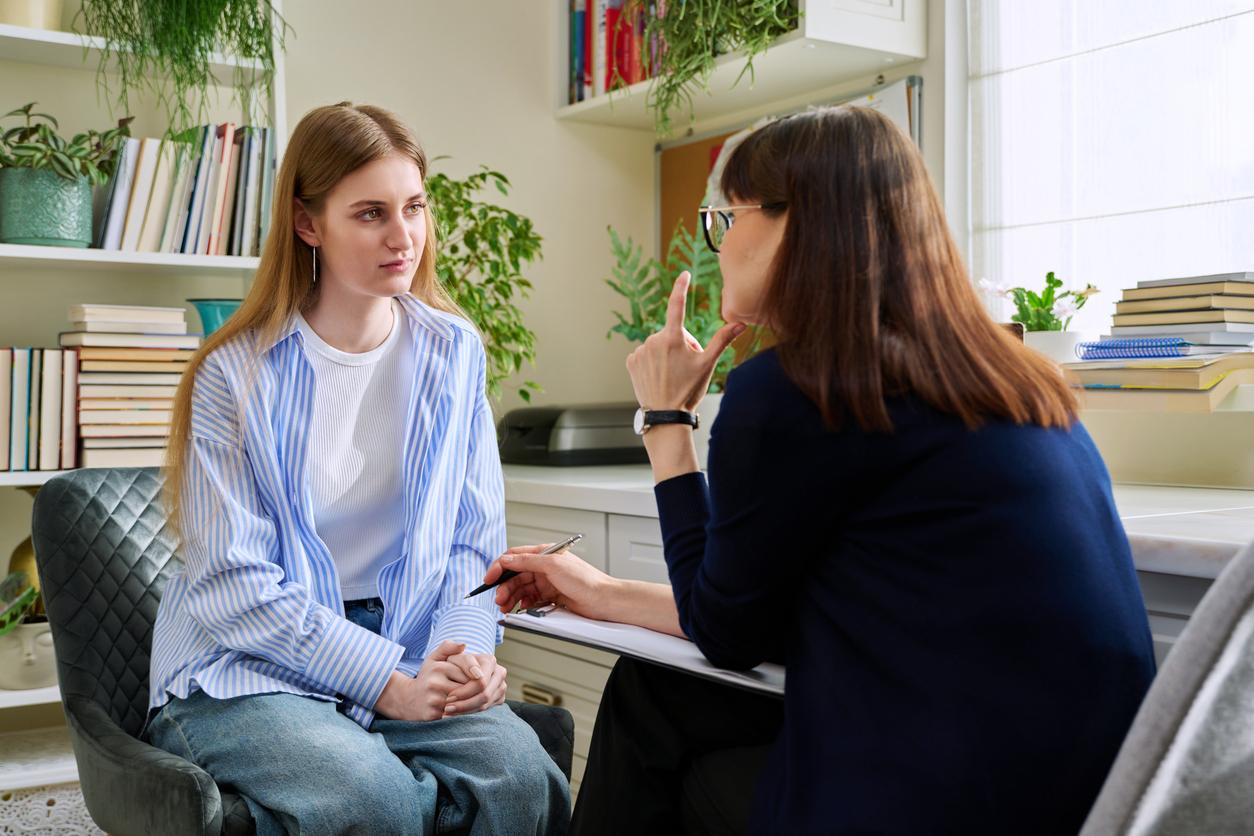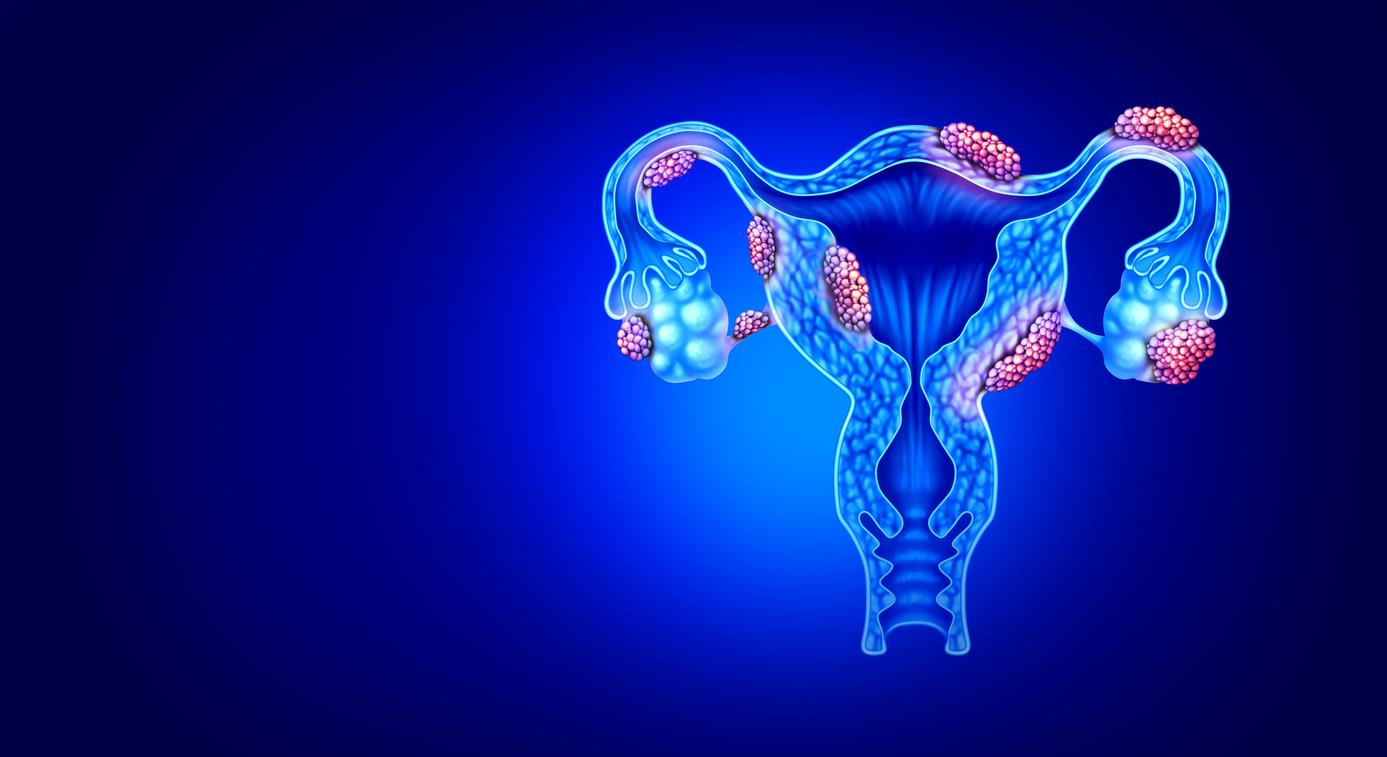While we all know that death is inevitable, when it takes a loved one, no one is really prepared for what awaits them. Why Doctor went to meet the Empreintes association, which specializes in supporting bereaved people.
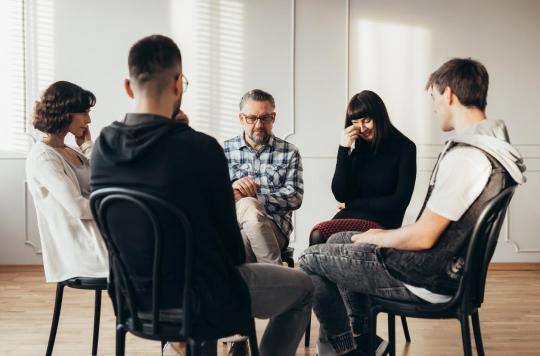
In the dictionary, mourning is defined by “the loss of a friend or a relative” and by “pain, affliction experienced following the death of someone”. Everyone lives it but no one talks about it. In France, several associations help people in mourning, support them, help them talk about it. But they are sorely lacking in funds and are struggling to make themselves heard by the public authorities, which would nevertheless have an important societal role to play. Why Doctor went to meetFingerprints, the only association in France to support all types of bereavement with the vocation of “going from the individual to society”. Founded in 1995 by a psychiatrist named Michel Hanus, Empreintes is made up of about fifteen volunteers, about ten psychologists and develops through five missions: support, training of professionals, research, information and mobilization.
“Mourning, we all have experience of it. It’s the common point of living beings, it can’t be learned, but our ambition is to move from personal experience to knowledge about this event. What is mourning, how long does it last, when is it normal, complicated or pathological? How to announce a death to a child without harming his future? These are situations that we can anticipate because we know they will happen. Even if it does not vaccinate to have knowledge, it can make it possible to better manage, then to appease the pain. Grieving lasts a long time. It never ends, it’s part of us, it’s a scar that remains and with which we live quite well”, explains Marie Tournigand, general delegate of the association at Pourquoi Docteur. But to get there, we still have to talk about it. This is where the association comes in.
Concretely, how does this happen ? When a person loses a loved one, they often feel very alone and helpless. Most often, the entourage, also affected by the death, is usually not able to help. Sometimes psychotherapy is not what the bereaved needs. “People then surf the Internet or discover a book that mentions us,” says Marie Tournigand. The first contact is then made by telephone via a national crisis line and can last an hour or more.
“We are not a therapeutic space”
During this exchange, the volunteers actively listen to the caller, support him as best as possible and evaluate his request. They are trained by the association with the bereavement clinic and therefore have knowledge of the specificities of bereavement (accident, suicide, terrorist attack, illness, etc.), in children, teenagers, adults and the elderly.
“Our companions do not offer everyone a group or an interview, because it may not really be the right answer to their needs, especially when psychological fragility pre-exists bereavement. The association is not a therapeutic space. It’s a space for support, information and help, but not for care,” explains Marie Tournigand.
When the accompanying person feels that the association can help, he offers an interview at the premises, based in Paris or by Skype. This may lead to another meeting, either individually or in a group.
“We offer an individual interview when the person seems to be able to express their grief without this problem being too entangled with a set of other psycho-social difficulties”, insists Marie Tournigand. “Similarly, when the request is a group, we will assess whether the person needs to express themselves on their own or if it will be good for them to listen to the stories of others as well. People often ask for groups, but in reality it can be difficult, especially when the bereavement is very recent, to listen to other people’s stories.
The groups offered by Empreintes are numerous. “We have an ‘all bereavements’ group and complementary, specific groups and themes such as ‘mourning after suicide’, ‘parenthood through mourning: I am a parent, my children are in mourning, how am I managing in my family?’. And then there are groups by age groups, young adults, children, teenagers”, she explains. Society tends wrongly to stigmatize and prioritize certain bereavements, to say: “it’s worse for you, you lost a child. Oh no, you are worse because it was a suicide”. It is an error that weighs on the bereaved, there is no hierarchy in pain.
“After death, loved ones are often abandoned”
In addition to this support, Empreintes also trains professionals, doctors, social workers or human resources services in the bereavement clinic, its care and support for people in need. “Wherever I worked as a social worker, I realized that, even in palliative care, after the death, relatives were often abandoned and not informed about what was going to happen to them afterwards”, adds Marie Tournigand .
The association also carries out studies to understand the consequences of bereavement on people’s lives, the latest being Mourning and the French (April 2019, Credoc-Empreintes-CSNAF survey). It mobilizes the public authorities to set up a national action plan for better bereavement support, in order to prevent possible risks. On April 12, 2019, it notably organized with partners the Assizes of Mourning in the Senate. Ten proposals were made, including the creation of a “mourning referent” in each organization, the launch of an annual information campaign on the subject or the establishment of a national day on mourning.
.







